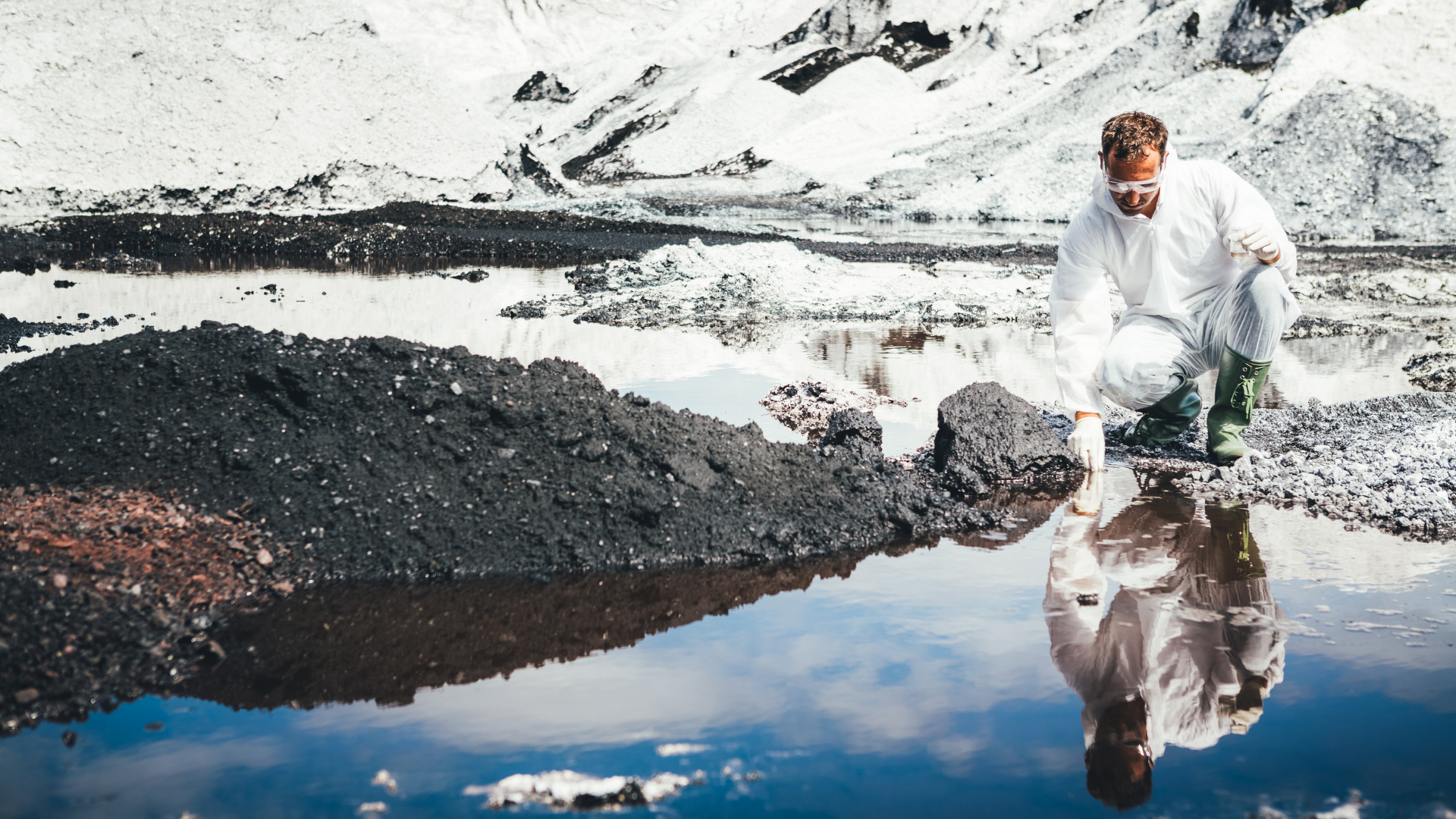There is a huge range of career possibilities in the world of environmental science. If you are concerned about the well-being of our planet and you like the idea of working in its protection, then an environmental science degree or program might be right for you. While environmental science involves many different areas of expertise, there is one type of degree that is unique in its outlook: what’s called an optimist environmental scientist.
What is an Optimistic Environmental Scientist?
An environmentalist is a scientist who is interested in the relationship between humans and their natural environment. The environmental scientist is concerned with the effects of human activities on the environment and advocates sustainable approaches to resource management. An optimistic environmental scientist is one who recognizes that environmental issues are complex and unresolved but that human beings can solve them.
Also, an optimistic environmental scientist is a researcher who studies the effects that human activity has on the natural environment. This scientist works to find ways to mitigate these negative impacts, such as by inventing new technology that will help humans reduce their carbon footprint. The other side of the optimistic environmental scientist’s coin is that she also studies ways for humans to help the environment, such as recycling or conserving natural resources.
Optimistic Environmental Scientists and their Way of Thinking
Optimism is an important characteristic to have in life, but how do you become optimistic, and how does that skill transfer to your work? Cultivating an optimistic outlook is key to coping with stress, and it’s also important to be able to think positively about the environmental issues you work on.
When optimism is part of your identity, you spend a lot of time thinking about positive things—what is new and positive in your life, why you are so lucky, your special gifts, and your own potential. You become an influential, motivating cheerleader for yourself and others. What about the scientists?
A scientist’s worldview is shaped by the assumptions they bring to the job. This worldview influences how they view the natural world, the way we solve problems, and our own personal and professional values. For a scientist, ideas matter, and knowledge is power, so scientists are more likely than other people to have upbeat attitudes. Also, scientists are typically good at keeping an open mind.
How would an optimistic environmental scientist think? Well, an optimistic environmental scientist tends to believe that:
- There’s hope. Most people consider environmental scientists to be pessimistic people. After all, the vast majority of us have careers based on studying and protecting the environment. However, while we do spend a lot of time thinking about the negative impact humans can have on our planet, we also spend a lot of time thinking about how we can make things better.
- Things can and do get better. One characteristic of optimistic environmental scientists is a tendency to emphasize what’s good about solving environmental problems. For example, they may point out that many environmental problems have negative connotations, such as pollution, waste, or overpopulation. And they might also point out that environmental problems are temporary and will eventually get better.
- Humans can work to solve problems. Humans are problem solvers. It is part of being human. We always have to find a way how to do something better. We improve our current processes, technologies, and products. We constantly come up with new and improved ways to solve problems. We come up with new ways of doing things because of optimism. Optimistic environmental scientists generally tend to think that humans can work to solve environmental problems as one of the ways how humans think about problems like that.
We, humans, are a complex species, and so too is our favorite place on Earth. An optimistic environmental scientist looks at the world as a place of possibility and positivity, where the whole is greater than the sum of the parts and that the future can be brighter, cleaner, and better than the past.
